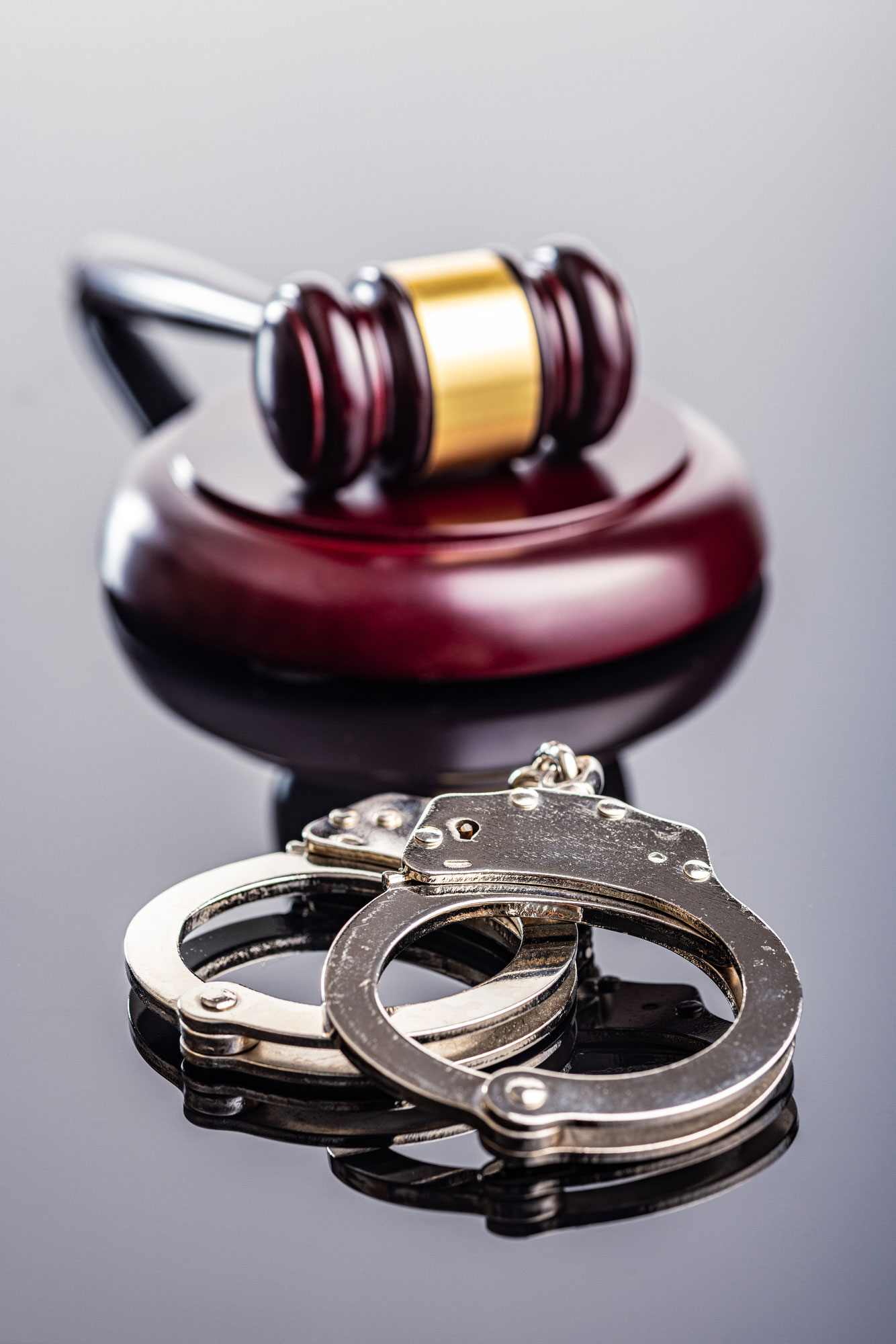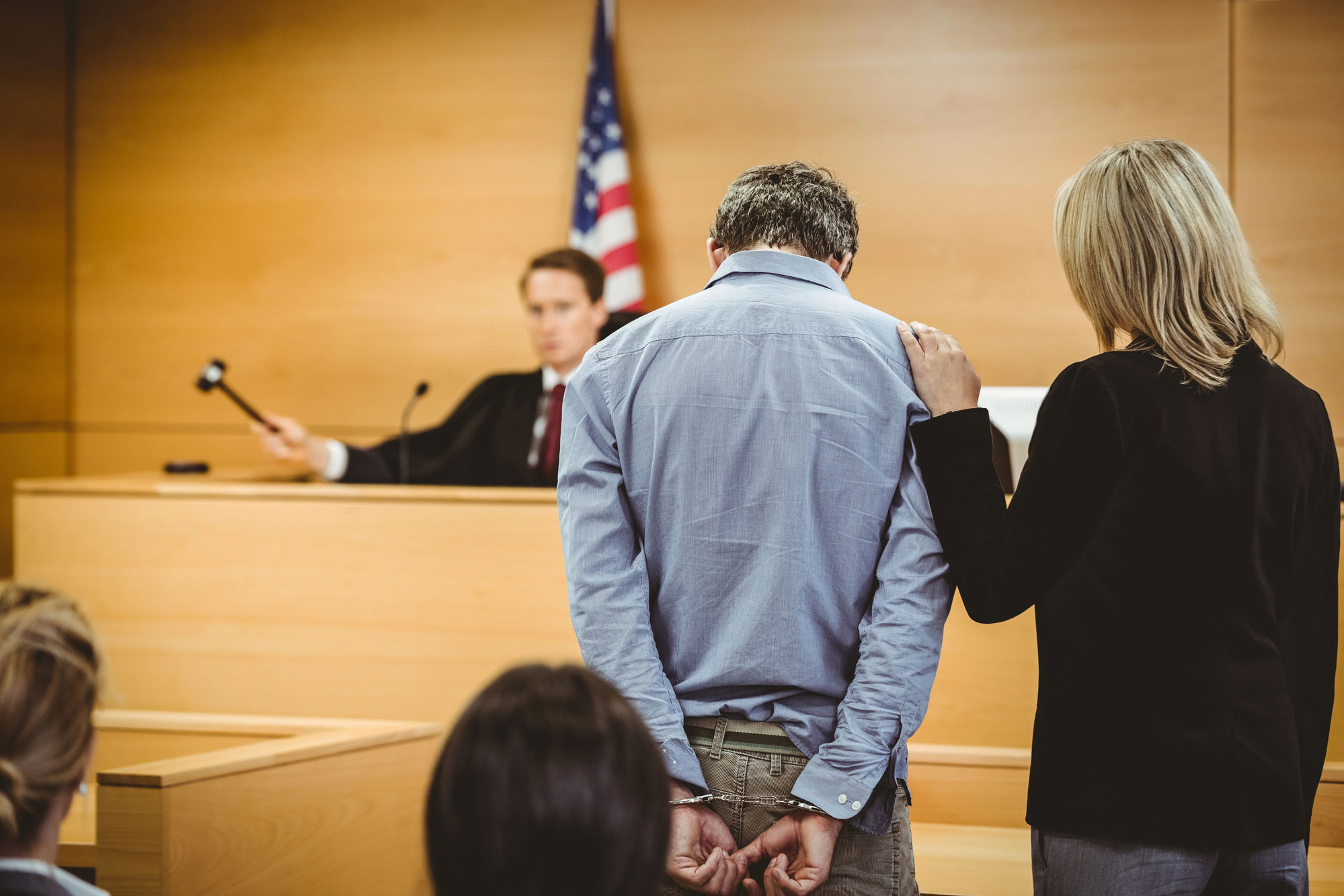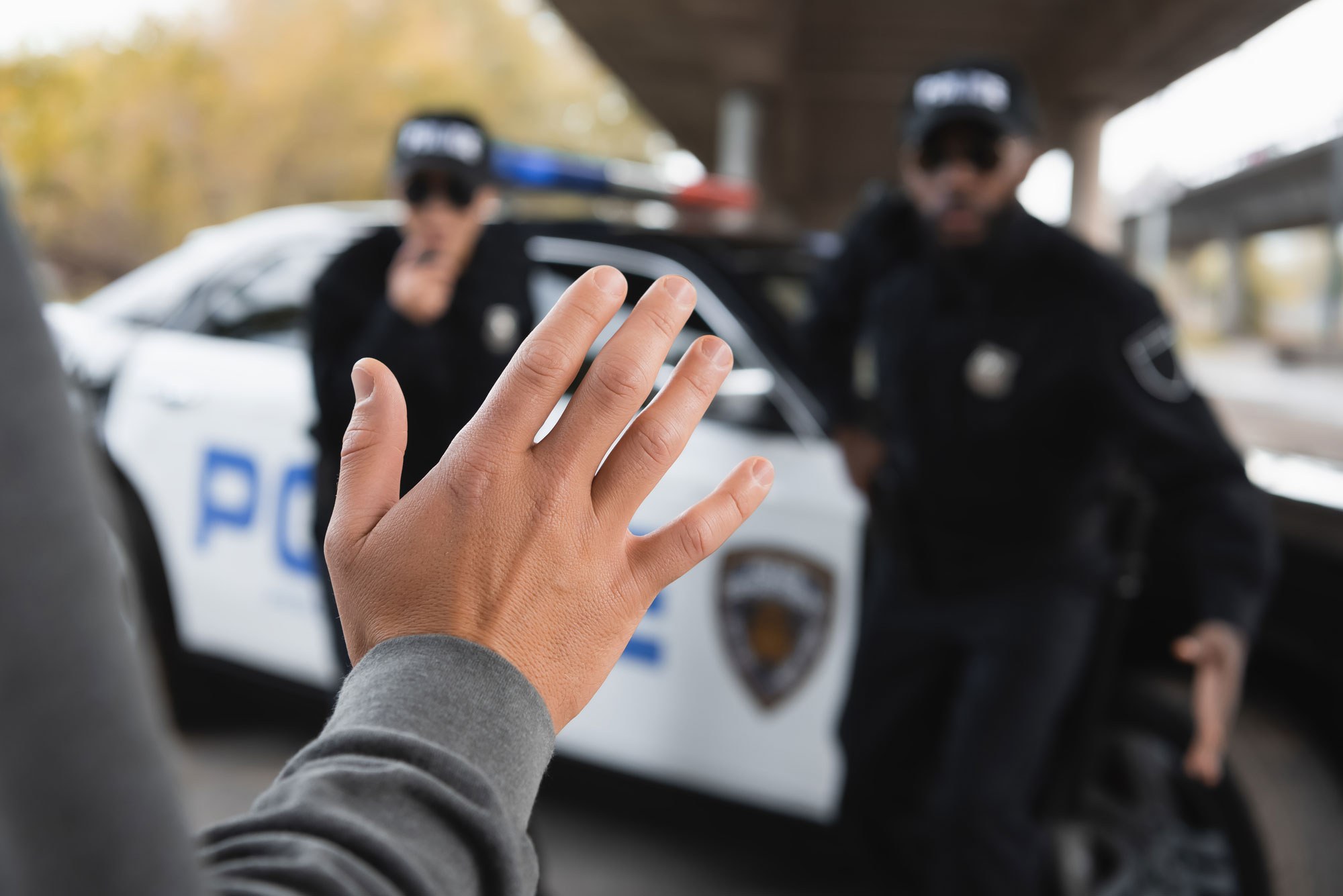Criminal Law
Welcome to our comprehensive guide to criminal law. In this guide, we’ll explore the key concepts, proceedings, legal representation, rights of the defendant, penalties, resources, and support available within the realm of criminal law.
Introduction to Criminal Law
Criminal law encompasses the rules and regulations that define conduct deemed harmful to society. It plays a crucial role in maintaining order and justice within communities. Criminal law addresses a wide range of offenses, from minor infractions to serious felonies, and is enforced through the legal system.
Key Concepts in Criminal Law
Crime
Crime refers to acts or behaviors prohibited by law and punishable by the state. Crimes are categorized into various types, including violent crimes, property crimes, white-collar crimes, and more. Examples of common crimes include theft, assault, murder, and fraud.
Legal System
The legal system comprises a complex framework of laws, procedures, and institutions responsible for administering justice. It includes courts, judges, attorneys, law enforcement agencies, and correctional facilities. The legal system ensures that individuals accused of crimes receive fair and impartial treatment under the law.
Justice
Justice is the principle of fairness and equity in the application of laws and regulations. Within the criminal justice system, justice involves holding offenders accountable for their actions, protecting the rights of victims, and maintaining public safety. Factors such as evidence, legal precedent, and mitigating circumstances influence the pursuit of justice.
Criminal Proceedings
Arrest and Investigation
The arrest process involves the apprehension of individuals suspected of committing a crime. Law enforcement officers must have probable cause to make an arrest and must inform suspects of their rights, known as Miranda rights. Criminal investigations follow, during which evidence is collected, analyzed, and used to build a case against the accused.
Trial Process
Criminal trials are legal proceedings in which evidence is presented, witnesses testify, and a judge or jury determines the guilt or innocence of the defendant. The prosecution, representing the state, presents its case, while the defense advocates for the accused. The trial process includes jury selection, opening statements, examination of witnesses, closing arguments, and verdict deliberation.
Sentencing and Appeal
Following a conviction, the sentencing phase determines the punishment for the defendant. Sentences may include incarceration, fines, probation, or alternative forms of punishment. Defendants have the right to appeal their convictions based on legal errors or new evidence discovered after the trial.
Legal Representation
Defense Attorney
A defense attorney provides legal representation to individuals accused of crimes. Defense attorneys advocate for their clients’ rights, challenge evidence presented by the prosecution, and work to achieve the best possible outcome, whether through negotiation or trial. Defendants have the right to counsel, and choosing the right defense attorney is crucial to their case.
Prosecutor
Prosecutors are legal professionals responsible for representing the state in criminal proceedings. They gather evidence, present charges against defendants, and argue for their conviction. Prosecutors must adhere to ethical standards and ensure that defendants receive a fair trial.
Rights of the Defendant
Constitutional Rights
Defendants in criminal cases have constitutional rights guaranteed by the U.S. Constitution, including the right to remain silent, the right to legal counsel, the right to a speedy and public trial, and the right to confront witnesses. These rights protect defendants from unfair treatment and ensure due process under the law.
Fair Trial
A fair trial is essential to the integrity of the criminal justice system. Defendants are entitled to impartial judges and juries, competent legal representation, access to evidence, and the opportunity to present their defense. Fair trial rights safeguard against wrongful convictions and uphold the principles of justice.
Penalties and Consequences
Sentencing
Sentencing involves determining the appropriate punishment for convicted offenders. Factors such as the nature and severity of the crime, the defendant’s criminal history, and mitigating circumstances are considered in sentencing decisions. Penalties may include imprisonment, fines, community service, or probation.
Collateral Consequences
In addition to formal penalties, criminal convictions can have long-term consequences known as collateral consequences. These may include restrictions on employment, housing, voting rights, and professional licenses. Collateral consequences can affect individuals’ lives well beyond their involvement in the criminal justice system.
Resources and Support
Legal Aid and Advocacy
Legal aid organizations provide free or low-cost legal assistance to individuals who cannot afford private representation. These organizations offer legal advice, representation in court, and advocacy for systemic change to improve access to justice for marginalized communities.
Rehabilitation and Reintegration
Rehabilitation programs aim to address the underlying causes of criminal behavior and support offenders in reintegrating into society. These programs may include substance abuse treatment, job training, mental health services, and housing assistance. By investing in rehabilitation, communities can reduce recidivism and promote public safety.
Conclusion
Thank you for exploring our guide to criminal law. We hope this overview has provided valuable insights into the complexities of the legal system, the rights of defendants, and the consequences of criminal behavior. For further information or assistance, we encourage you to consult with legal professionals and explore additional resources on criminal justice topics.




